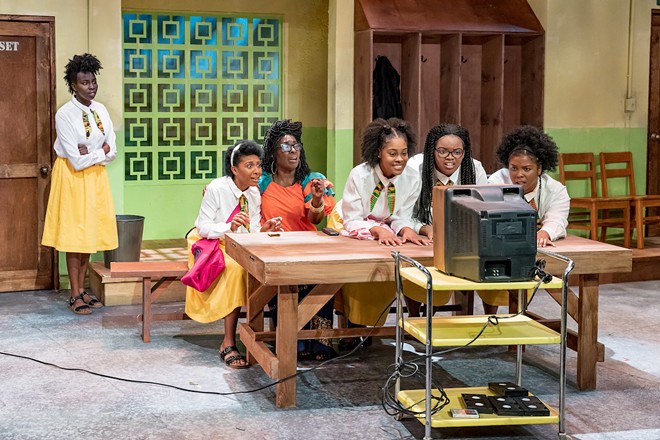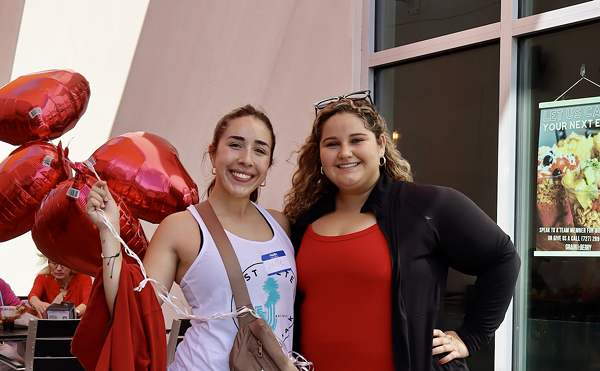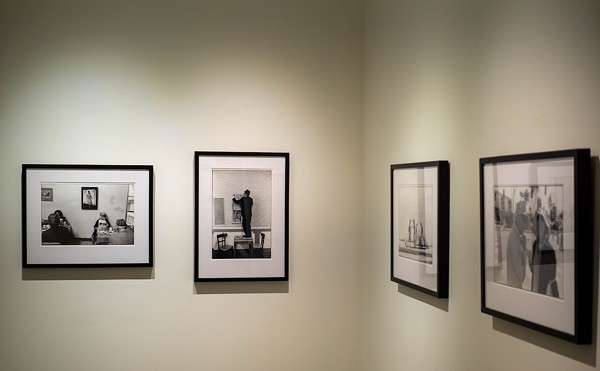
In this case, the plot explores the internalized teen angst and colonial mentality colorism that manifest themselves in bullying and bad behavior in a girl’s school in Ghana. Queen bee, Paulina (a commanding Aguel Lual) is dead set on the Miss Global Universe pageant and intimidates her hive mind friends splendidly realized complete with spot-on accents by Jada Austin (food-obsessed Nana), Ivy Sunflower (frenemy Ama), and exuberant, hilarious cousins Massiel Evans (Mercy), and Phineas Slaton (Gifty). But when a new fair-skinned girl, Erika (Siobhan Marie Hunter), arrives from Ohio, all loyalties are strained—especially when Eloise (Jennifer Lee Warren) an alumna of the school and Miss Ghana 1966 arrives and spars with her former rival, headmistress Francis (Phyllis Yvonne Stickney), who is not a fan of the beauty pageant circuit. Both Ms. Stickney and Ms. Warren offer impressive Broadway, TV and film credits reflecting the depth of prodigious talent they bring to the stage.
The design team creates a compelling environment filled with telling details. Harlan D. Penn’s set conjures the school cafeteria complete with a trio of geometric block grids that scream mid-century. The color scheme riffs on the green and gold of Ghana’s flag which hangs impressively stage left. Electrical conduit snakes its way along the back wall to the light switches mounted on the surface. A trio of hanging lamps is interspersed with ceiling fans. Lighting designer Ryan Finzelber’s pre-show down lights cast a spinning shadow on the center table that is reminiscent of Don Quixote’s windmills, while Paul Edward Wilt’s upbeat score of ‘80s pop ballads eases the audience back decades to 1986.
The cast is formidable in executing exaggerated vaudevillian takes that now might be comfortable only in “SNL”-type sketch comedy and proceeds to full bore hysteria culminating in ear-piercing screams at the mention of the girls’ objectification of dreamboat Bobby Brown as the front for boy band, New Edition’s “Mr. Telephone Man.” Miss Bioh’s unspoken dig at the singer’s violent future draws a gasp/laugh from the knowing audience.
What doesn’t make sense in the production, in which the head mean girl Paulina spends a conspicuous amount of time shaming Nana for her size and hiding food, is that the new light-skinned American girl that becomes the threat to steal her thunder is not beauty queen svelte. Certainly in 1986 when the play is set, the world of pageants still worshiped at the Eurocentric altar of stick-thin models. Indeed, Paulina holds up the dark-skinned Somali supermodel, Iman—(all 115 pounds of her)—as an icon.
In fact, the play’s opening image is not about the colorism at the heart of the story, but rather a blatant assault on food, with the dark-skinned mean girl ragging on her more ample friend for finishing her porridge. Then, what follows is an exultation on the merits of apples as a food source for any potential Miss Ghana. Ashley Graham didn’t sign with Wilhelmina and make the case for plus size models till 2001.
So it’s curious casting in the world of this play, to ask an audience to embrace the wonderfully talented Ms. Hunter as a plausible 1986 Miss Ghana when the play’s main issue is colorism and body image is only mentioned in relation to Nana. Pageants have always presented a reductive look at beauty. If this production is trying to make a larger point about body type beyond the colorism that’s explicit in the text, it’s not clear and has no precedent in previous productions. Historically, in 1986, a successful contestant for Miss Ghana would, of necessity, be more Iman, than Sports Illustrated’s Brielle Anyea, or actual Ghanaian Philomena Kwao who prove “there isn’t one kind of beauty.” Especially since playwright Bioh works so hard to portray Nana as a target of “mean girl” ridicule, this doesn’t ring true.
Having said all that, Ms. Bioh’s script is in good hands. The cast is superb. Underneath the ample humor, the production unravels the psychological layers that underpin the girls’ cruelty toward each other—unspooling issues of poverty, classism, and parental neglect into uproarious comedy.
Mr. Maharaj and his fine lighting designer leave us with a touching final image of preordained injustice—only to drag out the transition to an inspired curtain call celebrating the glory of African head-wraps with brightly colored caftans superbly executed by Jordan Jeffers and Saidah Ben Judah. It’s a lovely, exuberant idea, but we sit entirely too long in the dark before the unveiling. Even filling the void with the voices of famous, empowered Black women doesn’t do the trick. It robs a soul-piercing conclusion of its power because the ensuing celebration becomes anticlimactic.
As we navigate through complicated lives together, in a challenging COVID-filled world that shatters any sense of normalcy, it’s distressing to observe the continuing growth of tribal factions. For all any of us need and want is to celebrate the differences that make life interesting. We share a globe teeming with diversity and playwright Bioh’s message for us is empathy, which is encapsulated in the longing of Eloise’s simple, heartfelt cry, “I want for once in my life to finally be seen.” At that moment, I couldn’t help but think that by the time this play closes, an accomplished Black woman will be poised to join the Supremes, not with Diana, Mary, and Flo but on the bench with Sonya, Amy, and Elena.
Letter to the editor:UPDATED 02/18/22 2:19 p.m. Updated to include letter to the editor from American Stage, and response from Jon Palmer Claridge
The relationship between a critic and the American Theatre has been a long and fruitful partnership. Critics provide a key role in the artistic ecology of a healthy and thriving community. It is their job to educate, support, and at times question the product on stage, all with the goal of pushing the region to new levels.
That is why the recent words from the Creative Loafing critic in his review of “School Girls; or, the African Mean Girls Play” were not only shocking but deeply offensive in their nature.
We will not quote the critic’s review. However, to summarize, he found the casting choice for one of our lead roles to be questionable and disruptive to the experience through the lens, as a white man, of his standard of what beauty is. He went to great lengths to inform readers that having an African American woman with curves play a young woman that would go on to win a beauty pageant was not only historically inaccurate, but then proceeded to assume that audiences would not be able to connect to the story because of this.
Here at American Stage it is clear that the critic's words were written from a place of misogyny, and body-shaming. He uses historical examples in an attempt to defend his argument, while his argument itself is rooted in a disgraceful history of white men qualifying the beauty of African American women as a means of oppression and control. If the critic had taken a moment to look beyond his perspective of history from a caucasian, western point of view he might have come to understand how our casting reflects the world we live in both then and now.
The review ends by the critic using a line from the show that a duplicitous character uses as justification for using deceptive and underhand methods to win at all costs and correlates it with the present chance of the United States Supreme Court having its first African American woman on the bench. He makes it clear that a historical moment in our nation’s history and the highest honor bestowed upon an African American woman who has worked honorably for this opportunity comes down to dishonest methods and a selfish need to be seen.
For us at American Stage this was a sad realization that although the theatre may be progressing to a more educated and inclusive space, Creative Loafing has actively made the decision not to. It is 2022 and we as a nation know better and are doing better, as the critic himself stated. It is time that Creative Loafing does so as well.—Rajendra Ramoon Maharaj, Producing Artistic Director and CJ Zygadlo, Managing Director (American Stage)
Response from Jon Palmer Claridge
Though mine is the opinion of one person, the chorus of multiple opinions, often differing, is what creates meaningful discourse.—JPC
















